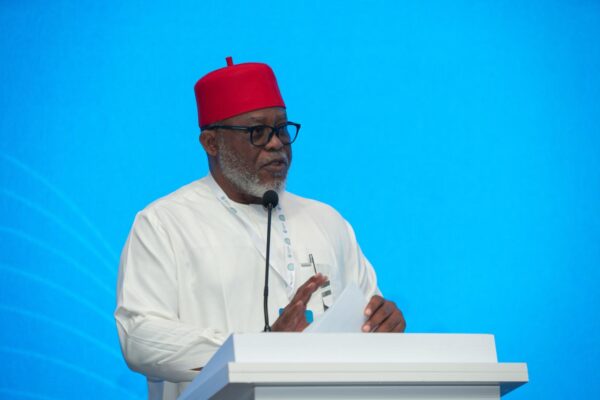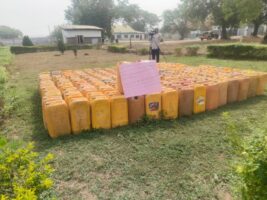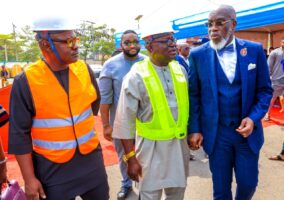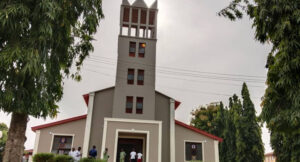Nigeria’s Minister of Information and National Orientation, Alhaji Mohammed Idris, fnipr, has called for deeper collaboration among member countries of the Developing-8 (D-8) to strengthen media systems, combat misinformation, and enhance regional cohesion.
He made the call while addressing ministers, media leaders, and senior policymakers at the D-8 Media Forum held today in Baku, Azerbaijan.
Speaking on the theme “Fostering Dialogue, Collaboration, and Regional Cohesion,” the Minister said cooperation among developing nations in the information and media space has become essential in a rapidly changing global communication landscape marked by digital disruption and increasing information disorder.
The minister, who was represented by the Executive Secretary of the Nigerian Press Council, Nze Dili Ezughah, emphasised that with the D-8’s combined GDP exceeding $8 trillion and intra-group trade accounting for 10 per cent of global trade, media cooperation plays a critical role in shaping public understanding, promoting transparency, and supporting development.
The Minister highlighted several homegrown innovations and reforms that Nigeria has undertaken in the last year, which he said offer practical lessons for other developing countries. These, he said, include the establishment of the UNESCO-backed International Media and Information Literacy Institute (Category 2)—the first in Africa, which aims to serve as a global hub for training, research, and digital safety, equipping journalists and citizens with tools to combat misinformation. Idris invited D-8 member states to partner with Nigeria in curriculum development, capacity-building, and joint research.
With over 100 million digital identities registered, Nigeria has achieved advances in digital identity and data governance, especially through strengthened trust in digital transactions and improved access to public services. The Minister noted that Nigeria’s digital identity infrastructure could support D-8 countries in linking media ecosystems with verified identity systems to curb impersonation and fake news.
Recognising the rising influence of creative industries on global diplomacy, Idris highlighted the rapid growth of Nigeria’s film, music, and digital storytelling sectors. These industries, supported by policy reforms and innovation hubs, have strengthened Nigeria’s image globally while providing jobs for millions of young people.
The Minister explained how Nigeria’s economic reforms—such as subsidy rationalisation and foreign-exchange correction—have improved the communication environment by enabling more accurate reporting and increasing public confidence in government information.
Alhaji Idris outlined several proposals for strengthening cooperation within the D-8:
• Developing shared ethical frameworks for digital media.
• Launching joint media literacy programmes for youth, journalists, policymakers, and vulnerable groups.
• Conducting collaborative research on artificial intelligence in media, especially verification tools and digital safety protocols.
• Expanding cross-border media exchanges, fellowships, and newsroom partnerships.
• Deepening cooperation in the creative and digital content industries across member states.
The Minister reaffirmed Nigeria’s commitment to utilising homegrown solutions and innovative approaches to promote regional stability and development.
“Nigeria believes that the D-8 is more than an economic bloc—it is a community of nations with shared aspirations and developmental realities. Our cooperation in media and information is vital to building informed citizens, cohesive societies, and resilient economies,” Idris said, while reiterating Nigeria’s readiness to work with member states to deepen dialogue, strengthen public trust, and enhance stability.





